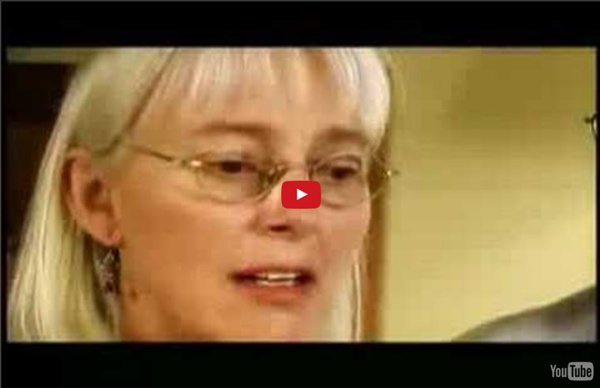ZIONISTS WON'T LET YOU SEE THIS ON YOUR TV
Peace, Propaganda & the Promised Land - Video
Peace, Propaganda & the Promised Land U.S. Media & the Israeli-Palestinian Conflict How Israel manipulates and distorts American public perceptions Through the voices of scholars, media critics, peace activists, religious figures, and Middle East experts, Peace, Propaganda & the Promised Land carefully analyzes and explains how--through the use of language, framing and context--the Israeli occupation of the West Bank and Gaza remains hidden in the news media, and Israeli colonization of the occupied terrorities appears to be a defensive move rather than an offensive one. 07/17/06 Runtime 79 Minutes New comment section added April 07, 2012 Click on "comments" below to read or post comments Comment Guidelines Be succinct, constructive and relevant to the story. Send Page To a Friend (In accordance with Title 17 U.S.C.
Related:
Related:



